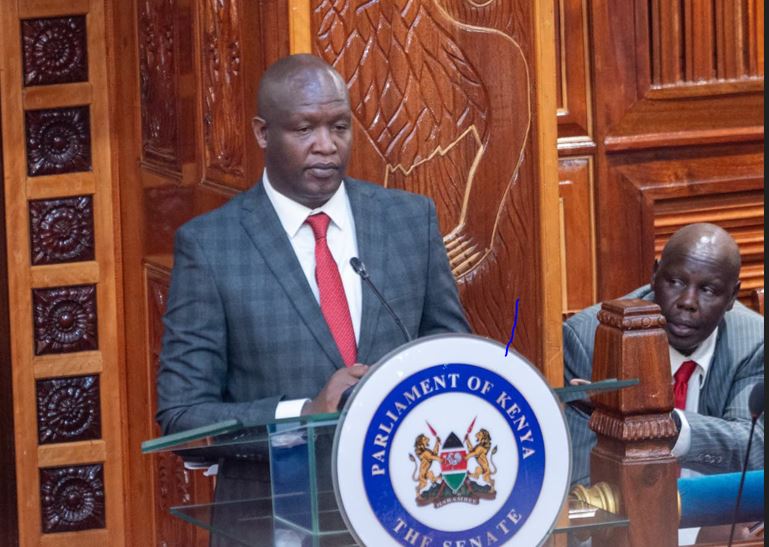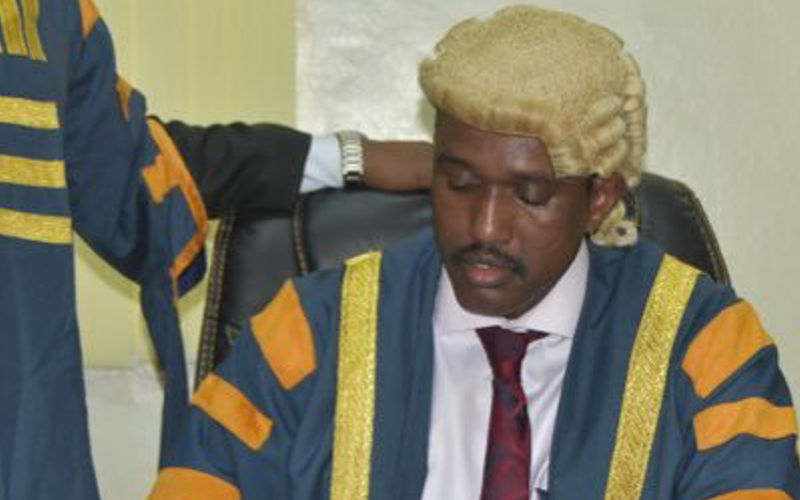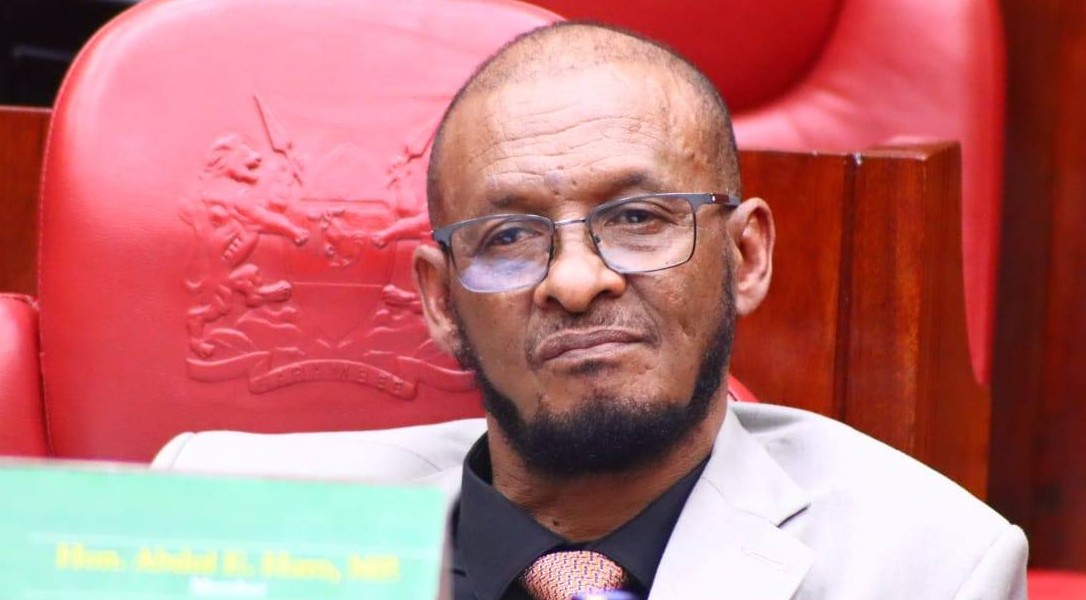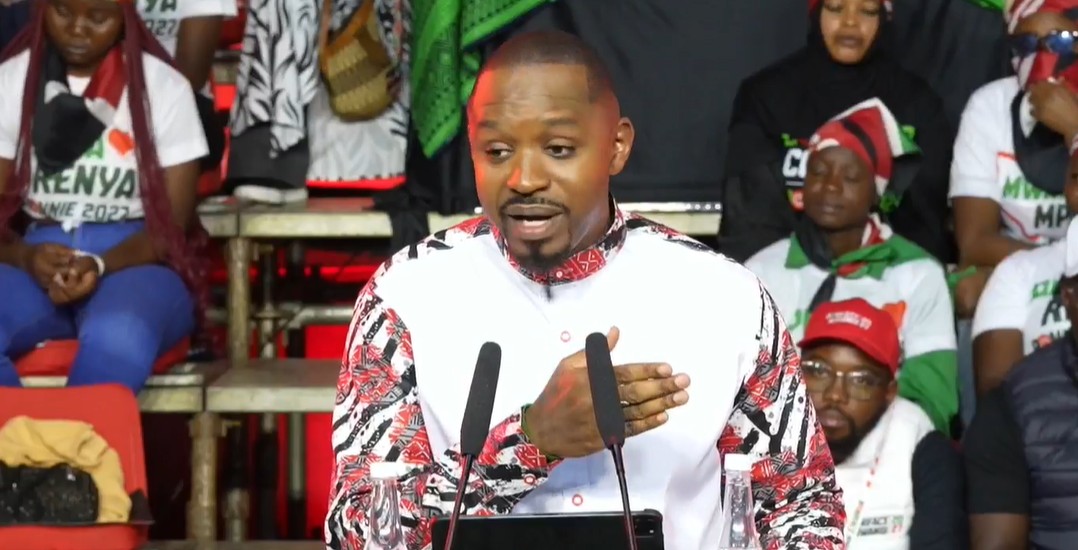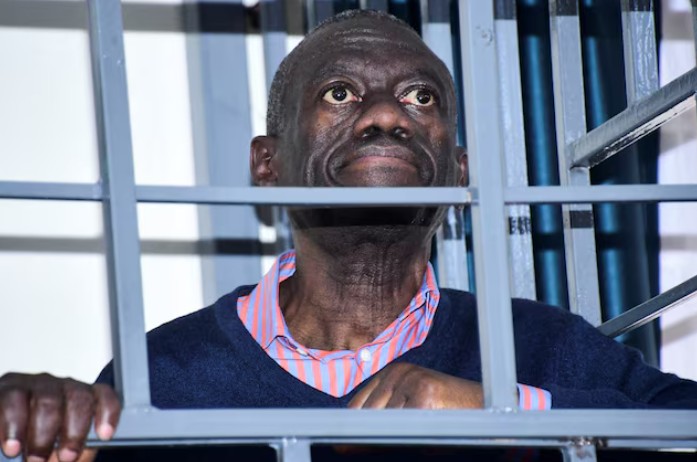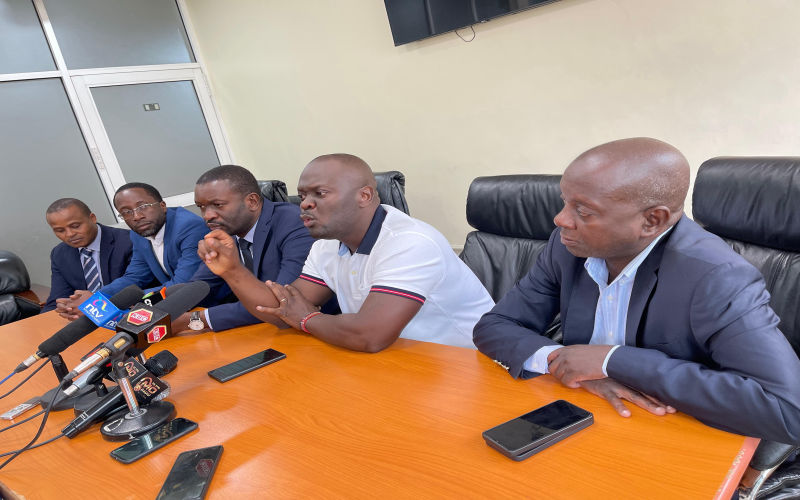Senate showdown as Kericho Governor Erick Mutai faces impeachment trial
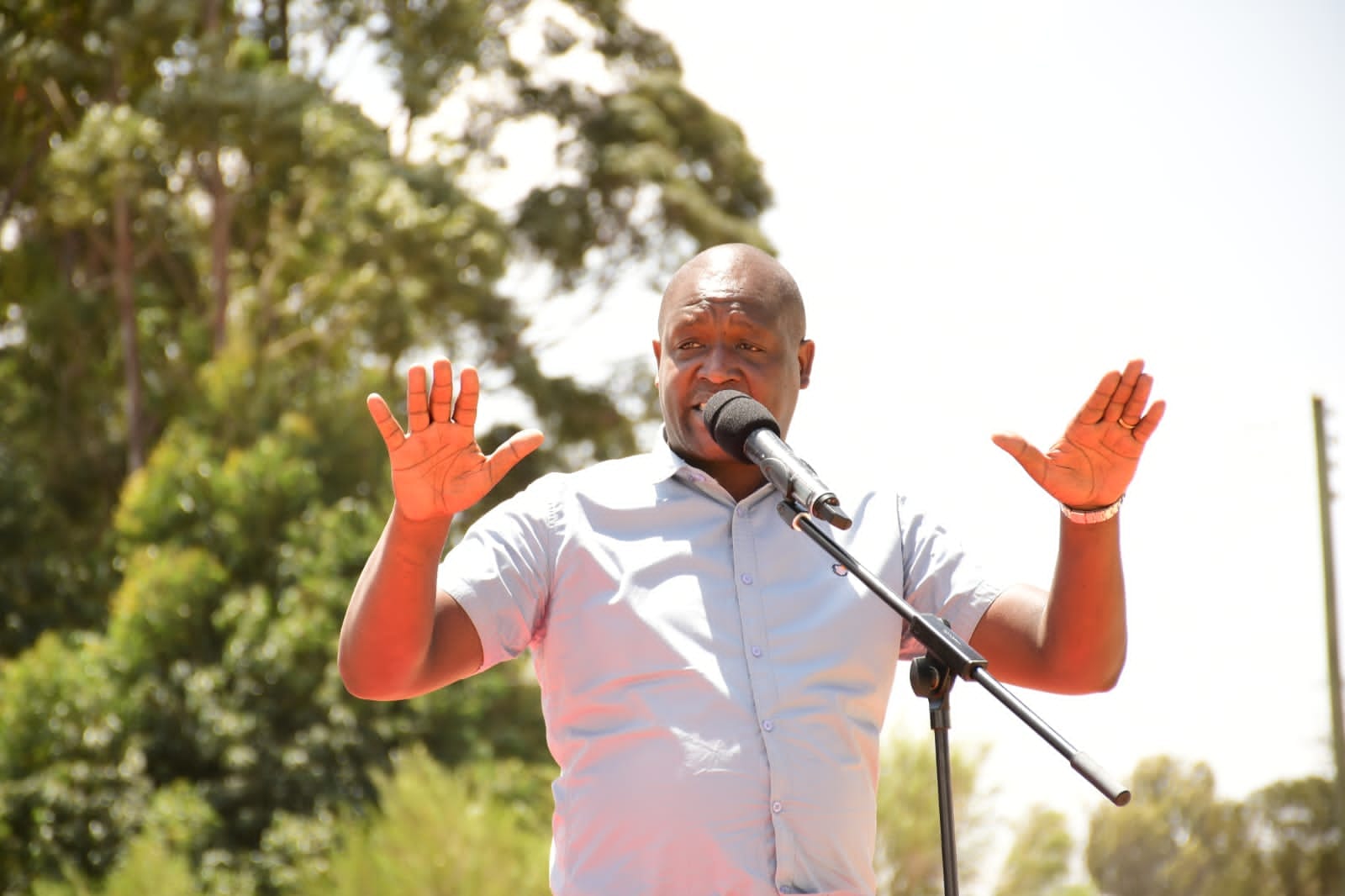
The stage is set for a high-stakes showdown in the Senate as Kericho Governor Erick Mutai faces an impeachment trial beginning Wednesday, with the County Assembly and the Governor each fielding heavyweight legal teams to battle over his political survival.
The County Assembly has enlisted 12 seasoned lawyers led by Elisha Ongoya, a prominent advocate who previously represented former Deputy President Rigathi Gachagua in his impeachment trial.
More To Read
- Kericho Governor Erick Mutai pleads not guilty as Senate opens impeachment trial
- Watch: Kericho Governor Erick Mutai's impeachment trial at the Senate
- Embattled Kericho Governor Erick Mutai challenges impeachment, cites manipulated vote
- Kericho Governor Erick Mutai's impeachment trial to be held in plenary next week
- Senate hears impeachment charges against Kericho Governor Erick Mutai
- Kericho Governor Eric Mutai impeached
Ongoya will be supported by Kimutai Bosek, Sharon Mibey, Elias Mutuma, Hillary Kiplangat, Brian Langat, Geoffrey Langat, Victor Kibet, Evans Kiplangat, Elvis Kipkorir, Joel Wakhungu, and Vincent Kipronoh.
In addition, four legal officers, Brian Maingi, Ian Kiplangat, Mitchel Mutuma, and Japhet Koech, are listed as part of the Assembly’s delegation.
Ongoya and Mutuma are well known within the Senate, having successfully defended former Meru Governor Kawira Mwangaza in two impeachment attempts.
Ongoya also played a key role in the legal team that defeated the Building Bridges Initiative (BBI) in court. The Assembly is banking on their expertise in impeachment cases to secure Mutai’s removal.
Governor Mutai, on his part, has assembled a team of six lawyers led by Katwa Kigen, a seasoned advocate who once represented President William Ruto at the ICC.
Others in his defense team are Peter Wanyama, Rose Thiong’o, Doris Ng’eno, Joash Mitei, and Evanson Kirui. Mutai hopes the Senate will throw out his impeachment on the basis of preliminary objections challenging the legality and credibility of the Assembly’s actions.
The Governor argues that the Assembly flouted a conservatory order issued by the High Court in Kericho on August 14, 2025, barring debate or voting on his impeachment until an inter partes hearing scheduled for August 28.
Despite this directive, the Assembly proceeded with the vote on August 15. He has described the move as a blatant violation of judicial authority and the rule of law.
His petition to the Senate further claims that the impeachment process lacked constitutional grounding and was conducted through a flawed electronic voting system.
The trial, which runs from Wednesday to Friday, will see the full Senate sit as a trial court. Proceedings will begin with the formal reading of charges against the Governor, after which he will be required to enter a plea.
The Assembly will present its case first, relying on witnesses and documents to support its charges of gross violation of the Constitution, abuse of office, and gross misconduct.
Mutai’s defence team will then respond with its own witnesses and evidence before senators debate and cast a decisive vote by county delegations.
According to particulars already tabled in the Senate, the Assembly accuses the Governor of presiding over widespread financial impropriety.
It claims that at least Sh85.7 million was lost through fictitious payments for goods and services that were either not delivered or only partially supplied.
Examples cited include soda bottles allegedly procured at Sh500 each, tissue paper at Sh2,750 per bale, and hand towels at Sh3,600 apiece.
Other irregular expenditures include payments worth Ksh5.1 million to companies such as Mengro Products Limited and Hildama Construction without supporting documents, double payments to contractors from retention accounts, and failure to constitute proper tender committees.
The Assembly also flagged irregularities in the management of Sh351 million under the National Agricultural Value Chain Development Project (NAVCDP), where only 19 out of 30 wards benefited and deliveries were of poor quality.
Further, under the Financing Locally-Led Climate Action (FLOCCA) Fund, Mutai is accused of favouring his home ward of Chemosot, which allegedly received Sh21.7 million worth of projects while other wards were sidelined.
He is also faulted for mishandling over Sh9 million raised for victims of the Londiani junction road accident, funds which reportedly went missing.
On abuse of office, the Assembly claims Mutai engaged in nepotism by employing his brother as a revenue clerk, confirming the wife of his aide as a nurse over more qualified candidates, and appointing a County Attorney unlawfully, an action later nullified by the courts.
He is also accused of misleading the public by advertising jobs for doctors, nurses, and ECDE teachers despite the county’s inability to fund them.
The charge of gross misconduct stems from an incident in which Mutai allegedly led a mob to invade private land in Kericho town shortly after assuming office, demolishing a fence and turning the land into a dumpsite without approvals and in defiance of a court order.
Majority Leader Aaron Cheruiyot had initially moved a Motion to form a select committee to hear the impeachment, but it collapsed when Minority Leader Stewart Madzayo declined to second it.
The trial will therefore proceed in plenary, with all senators participating.
The Senate’s final decision, to be made through a vote on Friday, will determine whether Mutai remains in office or becomes the latest governor to be removed by impeachment.
Top Stories Today

